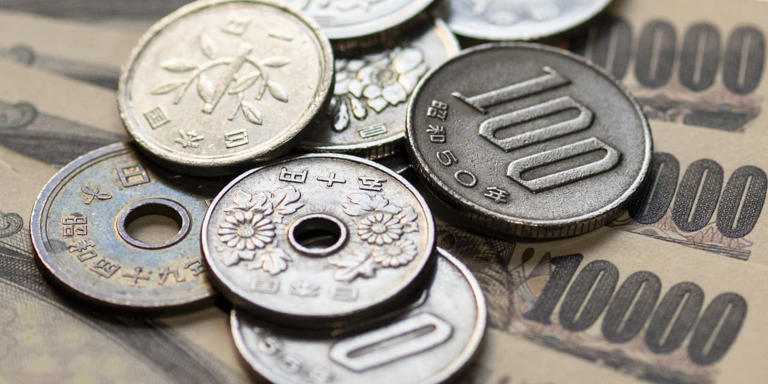On August 5, 2024, global financial markets experienced a sharp and widespread selloff, with the Japanese yen’s sudden strength playing a critical role in exacerbating the turmoil. This market upheaval highlights the complex interplay between currency movements and global investment strategies, particularly the impact of the carry trade—a popular hedge-fund strategy that has recently come under significant pressure.
The carry trade involves borrowing in a currency with low interest rates, such as the Japanese yen, and investing the borrowed funds in assets or currencies that offer higher yields. This strategy has been favored by many investors for its potential to generate substantial returns when interest rate differentials are wide. Japan’s prolonged low interest rates had provided a fertile environment for such trades, making the yen a preferred funding currency.
However, recent developments have disrupted this lucrative strategy. The Bank of Japan’s decision to raise interest rates marked a significant shift in its monetary policy, aimed at addressing the country’s long-standing deflationary issues and stimulating economic growth. As a result, the yen began to strengthen against other major currencies. This sudden appreciation of the yen put immense pressure on investors who had borrowed yen to fund higher-yielding investments.
The immediate impact of the yen’s rise was dramatic. On August 5, the yen surged by 2.3% against the U.S. dollar, reaching a rate of 144 yen per dollar. This sharp increase in the yen’s value was a critical factor contributing to a global stock market rout. U.S. stock indices, which had been enjoying a period of strong performance, were hit hard. The S&P 500 index fell by 3%, closing at 5,186.33, while the Dow Jones Industrial Average experienced a drop of 1,034 points, or 2.6%. The Nasdaq Composite, which had been a strong performer due to its heavy weighting in technology stocks, dropped by 3.4%. This represented the index’s largest one-day decline since June 2022.
The connection between the yen’s appreciation and the stock market decline was initially perceived as a direct correlation. Analysts and market commentators suggested that the unwinding of the carry trade was causing the simultaneous declines in global stock markets. Kit Juckes, chief FX strategist at Société Générale, remarked on the severity of the situation, noting that unwinding such a significant carry trade was bound to have substantial market repercussions. The carry trade’s unwind forced investors to sell off their higher-yielding assets, including U.S. stocks, to cover their positions and meet margin calls.
Despite this perspective, other analysts argued that the relationship between the yen’s rise and the global stock market decline was more nuanced. Dirk Willer from Citi Research contended that while the yen’s strengthening might have contributed to the equity selloff, it was not the sole or primary driver. He suggested that the broader market decline could also be linked to other factors, such as concerns about the U.S. economic outlook and the potential for a slowdown. In other words, while the yen’s rise was a significant factor, it was part of a larger set of market dynamics influencing investor behavior.
Steve Englander of Standard Chartered offered another viewpoint, suggesting that the selloff might be driven by overarching economic concerns rather than solely by the carry trade unwind. He pointed to recent economic data and market sentiment as potential drivers of the decline, including worries about a possible recession in the U.S. Englander, however, does not anticipate a severe recession but rather a soft landing for the U.S. economy. In times of market turbulence, investors often seek safety in traditionally stable assets like the Japanese yen, further contributing to its appreciation.
The selloff also had a significant impact on Japanese stocks. The Nikkei 225 index plummeted by 12.4%, marking its worst one-day decline since 1987. The yen’s appreciation made Japanese exports more expensive, reducing their competitiveness on the global stage. This had a cascading effect on Japanese companies, contributing to the broader market decline in Japan.
In summary, the recent market turmoil underscores the intricate relationship between currency movements and global investment strategies. The appreciation of the Japanese yen has played a critical role in disrupting the carry trade and impacting global equity markets. While the yen’s rise is a significant factor, it is intertwined with broader economic uncertainties and investor sentiment. The combination of these factors has led to a challenging environment for investors, highlighting the complexities of navigating global financial markets amid shifting economic conditions.
